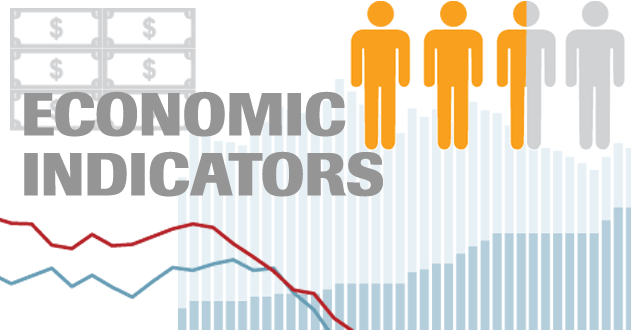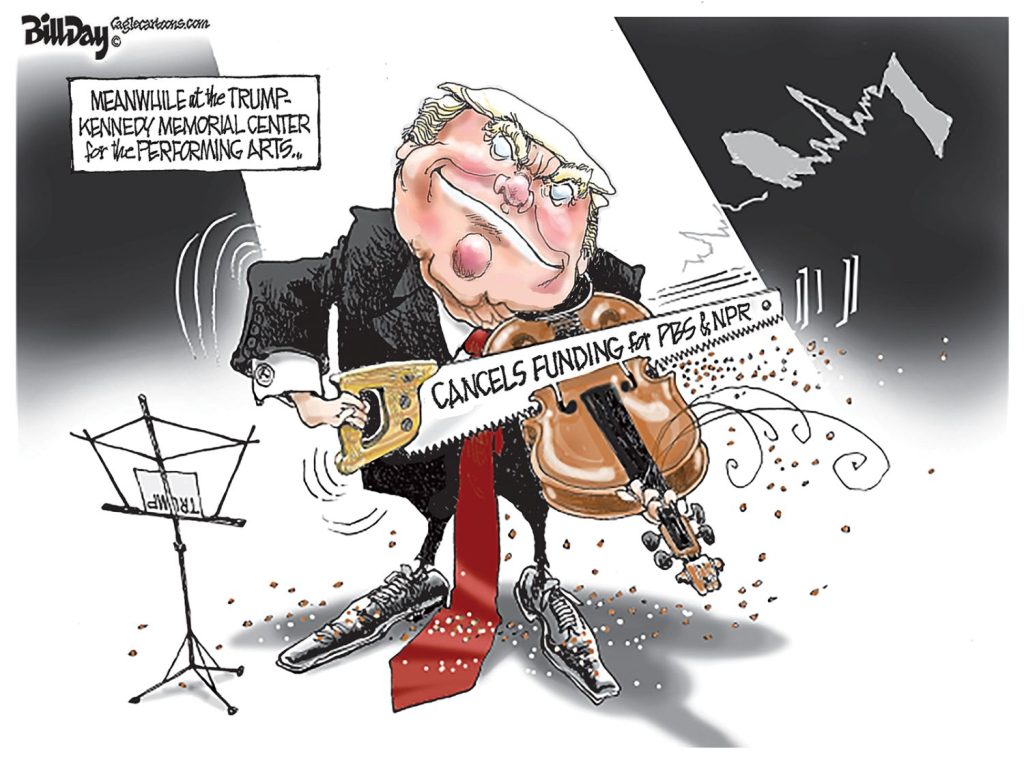This post is written by a favorite Memphis economist of ours, David Ciscel, former Chair of the Economics Department, Associate Dean of Fogelman School of Business, Dean of the Graduate School; Dean of the School of Business at Christian Brothers University; and Senior Consultant for the Federal Reserve Bank of St. Louis. He has published more than 200 academic articles and monographs ranging from executive compensation level, value of household labor, regional economic development, and urban sprawl. His perceptive, scholarly analyses – and his generous blog posts here – about the Memphis economy are required reading for anyone looking to understand the Memphis economy and gain insight into its current sluggishness when compared to cities it previously outperformed.
By David Ciscel
The recent post on Professor Elena Delavega’s The Poverty Report: Memphis Since MLK was excellent. Everyone should get a copy.
But the Report did have a giant mystery in it. The educational levels of African Americans had jumped dramatically, but the poverty levels remained stubbornly high and income levels remained abysmally low.
I could not find any local data to explain the mystery.
But the Economic Policy Institute just released a reported called The State of American Wages, 2017 by Elise Gould. It sheds a light on the national disparity that should help explain things in Memphis.
First, income inequality in general is getting worse and that affects black workers in a larger proportion than white workers. In 2017, if your wage was at the 20th percentile of all wages, white workers earned (on average) $12.25 per hour while black workers earned $10.06 – 82.1% of white workers.
From 2000 to 2017, white workers had seen their wages grow at 0.3% per year while black workers saw their wages grow at 0.0% per year (that is, not at all).
Now for workers with wages at the 90th percentile, white workers earned $48.06 per hour while black workers earned $33.81 per hour – 70.4% of white workers. From 2000-2017, white workers at the 90th percentile saw their wages grow at 0.9% per year while black workers grew by 0.5% per year.
Two things are happening:
(1) The growth rate of black workers is far lower than white workers so that even at high wages, the wage disparity between black and white workers is growing, and
(2) Everyone on the low end of the income scale is seeing their wages grow more slowly than those at the high end (so black workers with a higher proportion of low wage workers in their cohort have been losing ground since 2000).
The same story occurs with education levels. For white workers with a high school (HS) diploma, 2017 earnings averaged $19.12 per hour while black workers earned $14.93 – 78.1% of white workers. From 2000 to 2017, white HS workers saw their wages grow at 0.3% per year while black HS workers saw their wages grow at -0.2% per year (that is, their wages fell every year on average).
For four-year college graduates, white workers earned $33.70 per hour in 2017 while black workers earned $26.53 per hour – 78.7% of white workers. From 2000 to 2017, white college workers saw their wages grow by 0.4% per year while black college workers saw their wages grow by 0.1% per year. The conclusions are the same as those above. Because of the initial disparity in 2000 and the disparity in grow rates since 2000, black workers at every educational level are in weaker income positions today than they were in 2000.
Memphis is not unique.
We are part of the larger economy.
But the bundle of jobs available in the region tends to be weaker than the typical job in the United States. Consequently, because Memphians have lower incomes and more job instability, the trends noted above are exacerbated in the Memphis job picture.
Professor Delavega was correct to emphasize income – the education picture has improved as the income picture has declined.
Postscript: The numbers above are all in 2017 dollars, so the impact of inflation has been taken out. That is, the wages represent real incomes from 2000 to 2017.
***
Join us at the Smart City Memphis Facebook page for daily articles, reports, and commentaries relevant to Memphis and the conversations that begin here.




Memphis has some of the most severe poverty in the US. When coupled with the high crime, poorly educated workforce, declining population, this economically stagnant city and region will just get worse. The city’s slogan should be “Lower Income and Job Instability”
BUT no confederate statues, remember.
Thanks Anonymous for your decidedly negative assessment of the current state of our city’s economic situation. What, if anything, are you doing to try to improve it? Judging by the tone of your comment, I would bet nothing. Fortunately, you are in the minority, since there are a lot of people here in Memphis trying in numerous ways both big and small to improve our community to benefit everybody.
Anon 9:45 We just don’t see many politicians, business leaders or other organizations doing very much to try and improve the very poor economy and those other problems that have been hurting Memphis for decades. Unfortunately this stagnant city is just treading water and barely staying afloat.
With such a poor local economy and a minuscule pool of educated and skilled workers it no wonder Memphis was immediately rejected for the Amazon HQ City. Most young people just don’t care about education or a career. Instead they want a handout.
You knuckle-heads need to attend a Lipscomb & Pitts Breakfast one of these mornings…you might be surprised what is going on in the area.
Unfortunately, things just continue to get worse every year in Memphis.
Anonymous 4:08, do you live in Memphis? If so, why don’t you leave the area if it’s so miserable? If not, then worry about your own locality.
It seems four of the comments are by the same person who just wants to make sure the thread is overwhelming negative rather than considering a broader context for solving problems rather than moaning about how bad Memphis is.
I’d be willing to bet that Anonymous doesn’t even live in Memphis. If he/she actually does, I wish they would go ahead and leave if they so dislike everything about Memphis. We don’t need these “miserables/”deplorables” here constantly bringing down the good people who are trying to improve our city. If Anonymous doesn’t live here, then we can give their opinion the weight it deserves – which is nothing.
I doubt many people actually follow or even read the Smart City blog and web page.
It makes us wonder why you are reading then.
As for subscribers alone, we have more than 5,000 and we know from analytics that on the occasion when a post goes viral, readership can be three or four times that amount.
Thanks for asking.